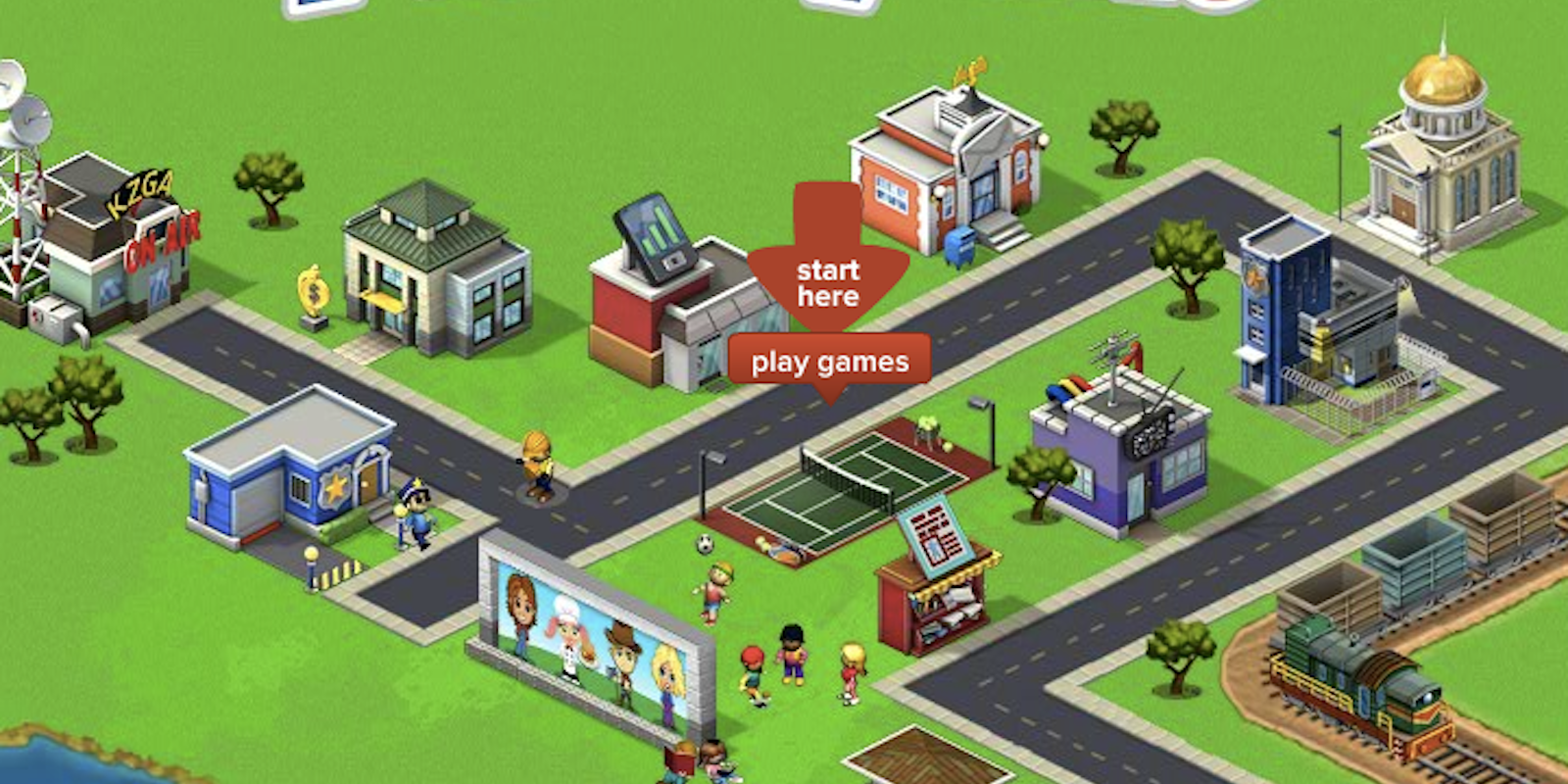Social gaming leader Zynga has turned privacy into a game. Literally.
Zynga, known for its hit games such as FarmVille and Mafia Wars, today released a new game — really more of a mini-game — called PrivacyVille.
It takes only a few minutes to “play” and entails the gamer clicking on different icons in the form of structures in a little town. With each click, the gamer learns a privacy factoid, such as this one:
“When you ‘allow’ our games (apps) on social networks like Facebook we receive information like your name, profile photo and friends list… we and advertisers may collect technical information using cookies and other common web tracking technologies.”
The intent: to teach players about privacy.
Anyone who has taken the time to actually read through an online privacy policy already understands that these documents usually detail how your personal information will be used. But most people don’t take the time. And that’s the point.
“We think this is an important step in creating a recognizable interface to explain privacy, as opposed to the normal fine-print privacy statements you see on sites today,” Zynga stated.” We want players to understand our policies, have fun while they learn about them, and most importantly, be incented to walk through the tutorial.”
Many, many companies collect the same type of data that Zynga collects.
But very few go out of their way to make sure that their customers actually understand these practices.
If you go all the way through the game (it takes just a few minutes) and then pass a little quiz at the end (hint: you can keep guessing until you’re right) you get zPoints (Zynga’s virtual currency) in RewardVille.
You don’t have to register to play this game. Actually, you don’t even have to have an interest in gaming. You might want to try it if you’re interested in a little taste of how companies use your personal information on a very regular basis.
And if you happen to be a parent, it’s not a bad idea to send your kids through the game so they also get it. Privacy is one of those things that most people don’t value – until they don’t have it anymore.


